Conclavoscope - Cardinal Giuseppe Petrocchi
Cardinal Profile and Assessment
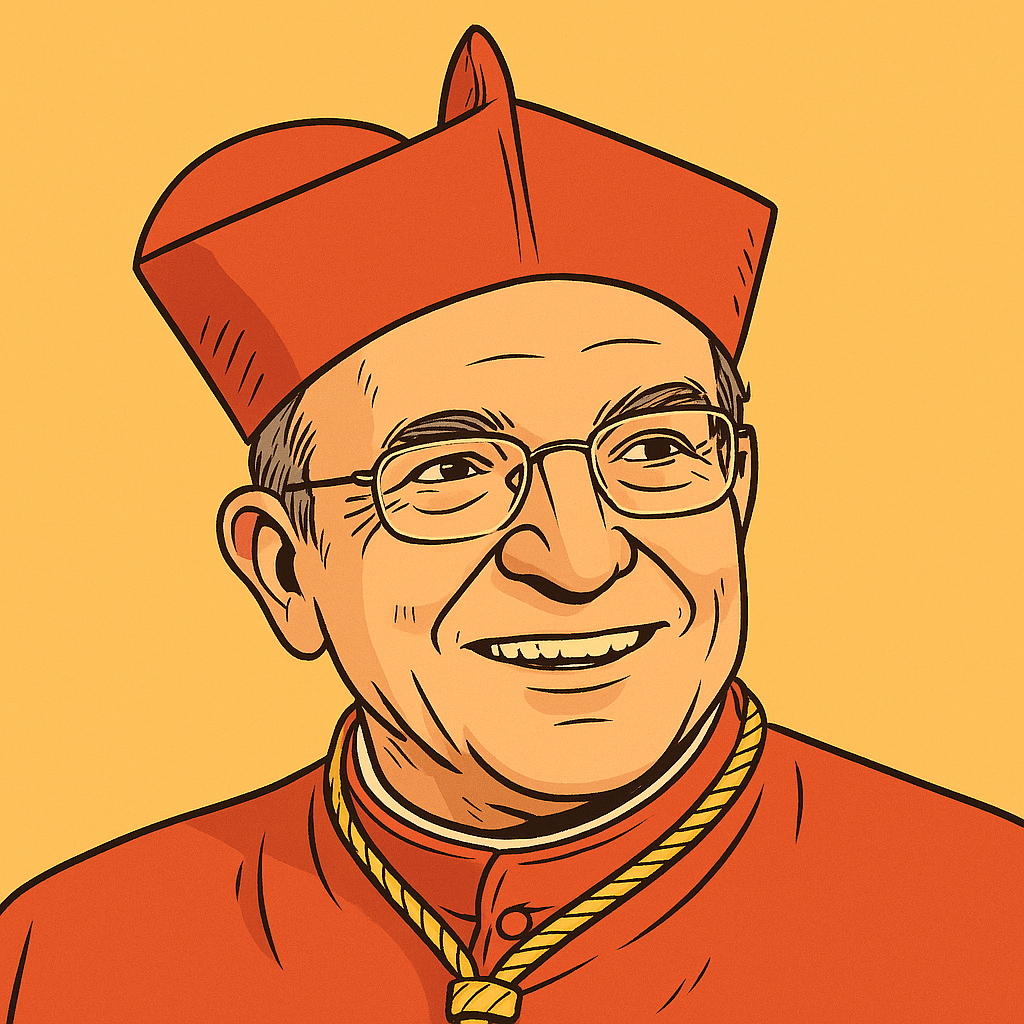
Italian cardinal, Archbishop of L'Aquila, known for his leadership after the 2009 earthquake and his pastoral approach combining tradition and community engagement.
| Criterion | Tendency |
|---|---|
| Moral doctrine | Conservative |
| Liturgy | Moderately conservative |
| Sociopolitical | Very progressive |
| Relationship with Pope Francis | Centrist |
| Dialogue | Progressive |
| Communication | Progressive |
| Overall tendency | Moderately progressive |
Cardinal Petrocchi upholds traditional Catholic moral teachings. His leadership in the commission studying the female diaconate indicates openness to exploring historical roles of women in the Church, but he aligns with the Church's stance that holy orders are reserved for men.
While not prominently associated with liturgical debates, Cardinal Petrocchi demonstrates respect for traditional liturgical practices, emphasizing the importance of reverence and continuity in worship.
Cardinal Petrocchi has shown a strong commitment to social issues, particularly in supporting communities affected by natural disasters. His pastoral work in L'Aquila after the 2009 earthquake reflects his dedication to social justice and rebuilding efforts.
A close collaborator of Pope Francis, Cardinal Petrocchi supports the Pope's reforms and vision for a Church that reaches out to all. His appointments reflect the trust placed in him by the Holy See.
While not extensively documented, Cardinal Petrocchi's emphasis on dialogue and understanding suggests a positive approach to interreligious relations, fostering mutual respect and collaboration.
Known for his pastoral sensitivity, Cardinal Petrocchi engages with the faithful through thoughtful homilies and public statements. He emphasizes the Church's role in addressing contemporary societal challenges while remaining rooted in tradition.
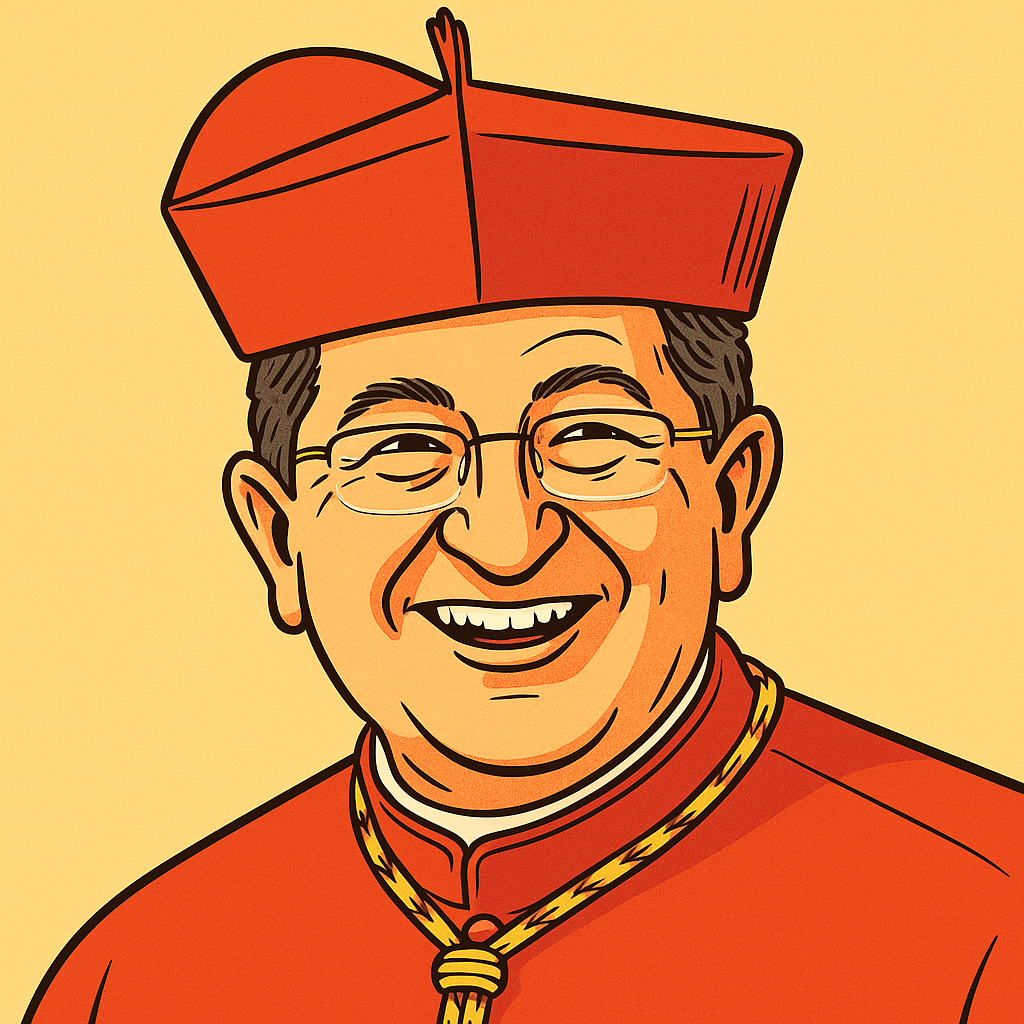
Italian cardinal, Archbishop of Florence, known for his conservative doctrinal positions and intellectual work, while remaining engaged in pastoral dialogue.
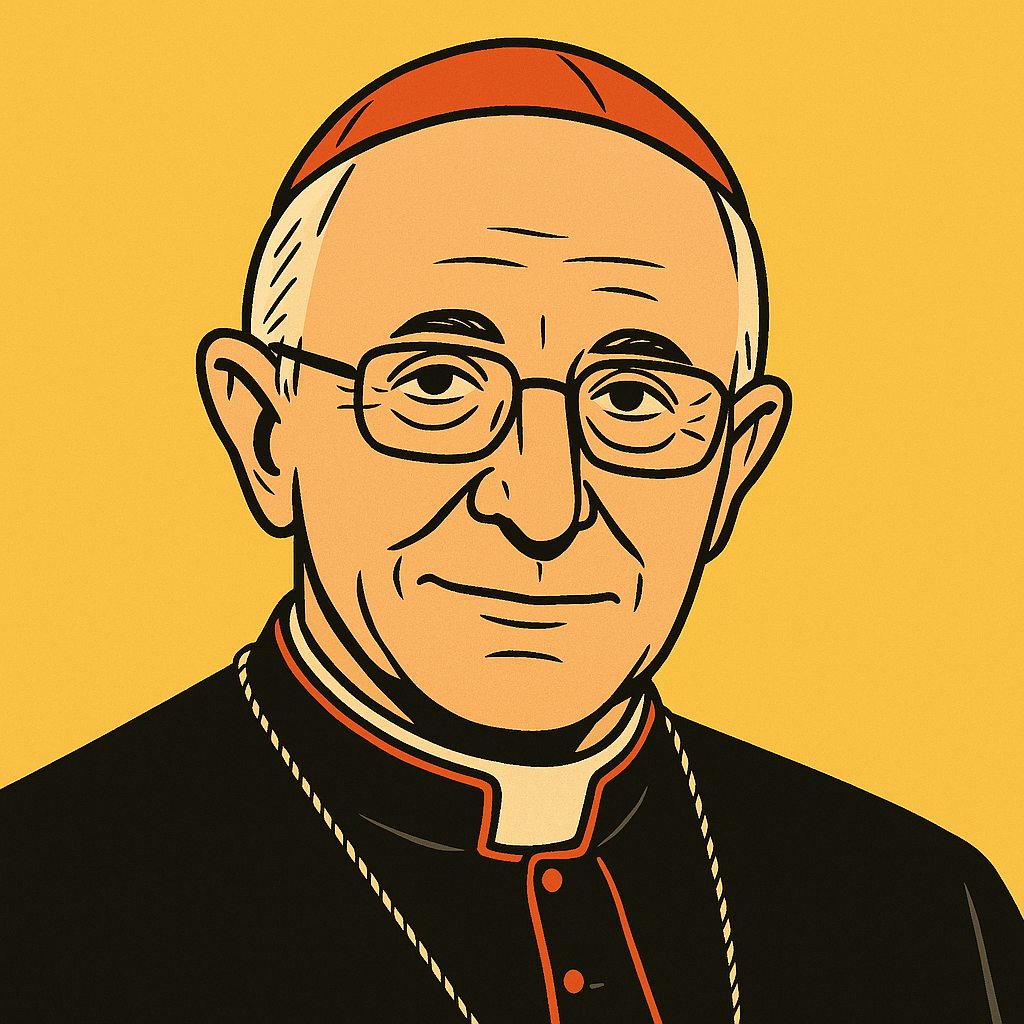
Italian cardinal, Grand Master of the Order of the Holy Sepulchre, former prefect of the Congregation for the Evangelization of Peoples, known for his missionary and diplomatic experience.
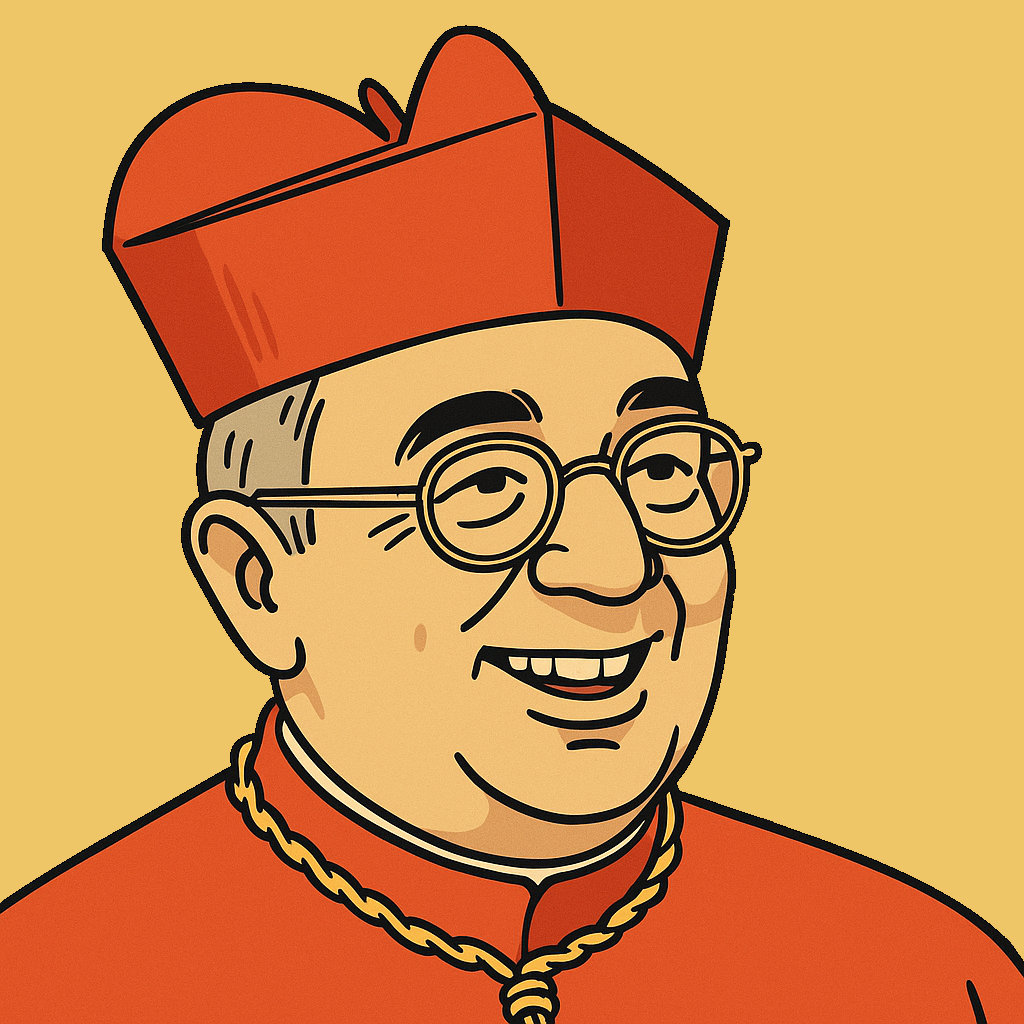
Italian cardinal, former vicar general of the pope for the diocese of Rome, known for his balance between liturgical tradition and moderate pastoral openness.
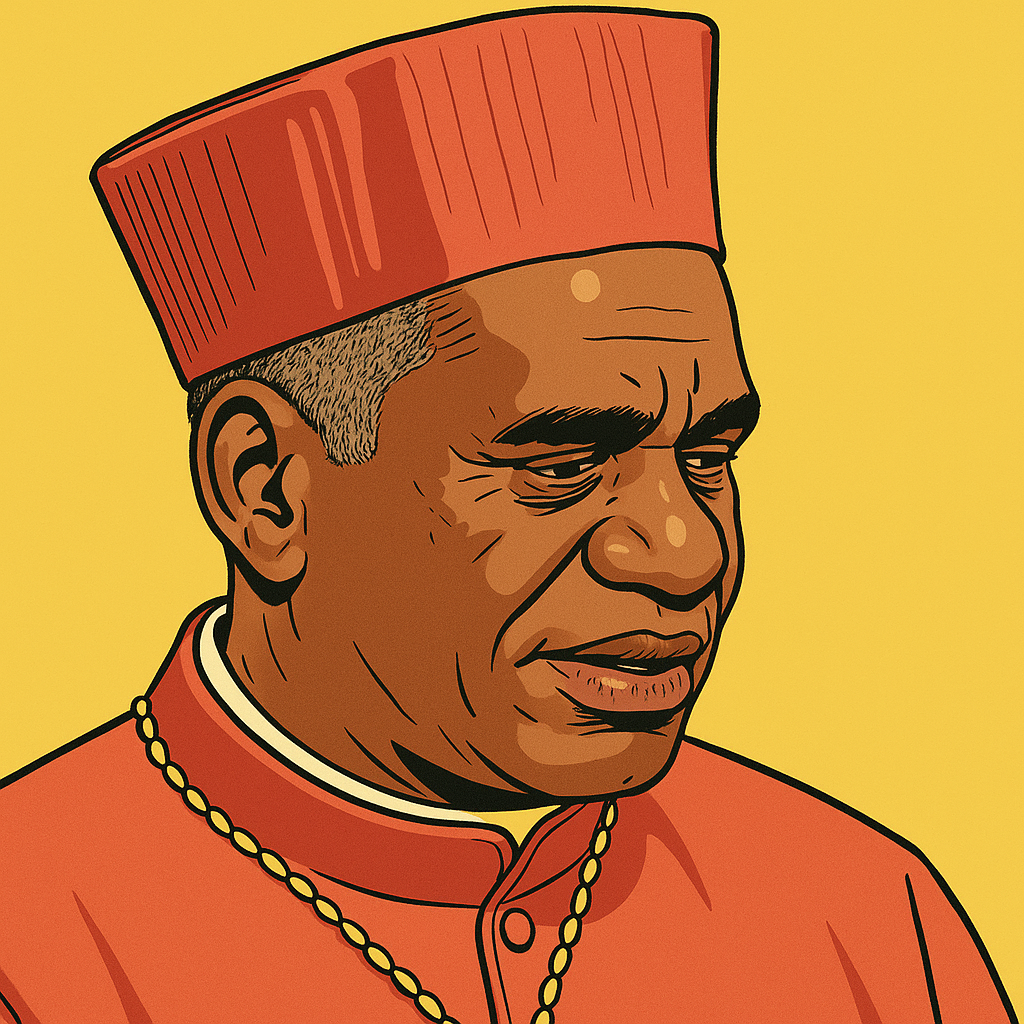
Madagascar
Malagasy cardinal, known for his traditionalist positions, his attachment to classical liturgy, and his vigorous defense of Catholic moral doctrine.

Italy
Italian cardinal, former vicar general of the pope for the diocese of Rome, known for his balance between liturgical tradition and moderate pastoral openness.
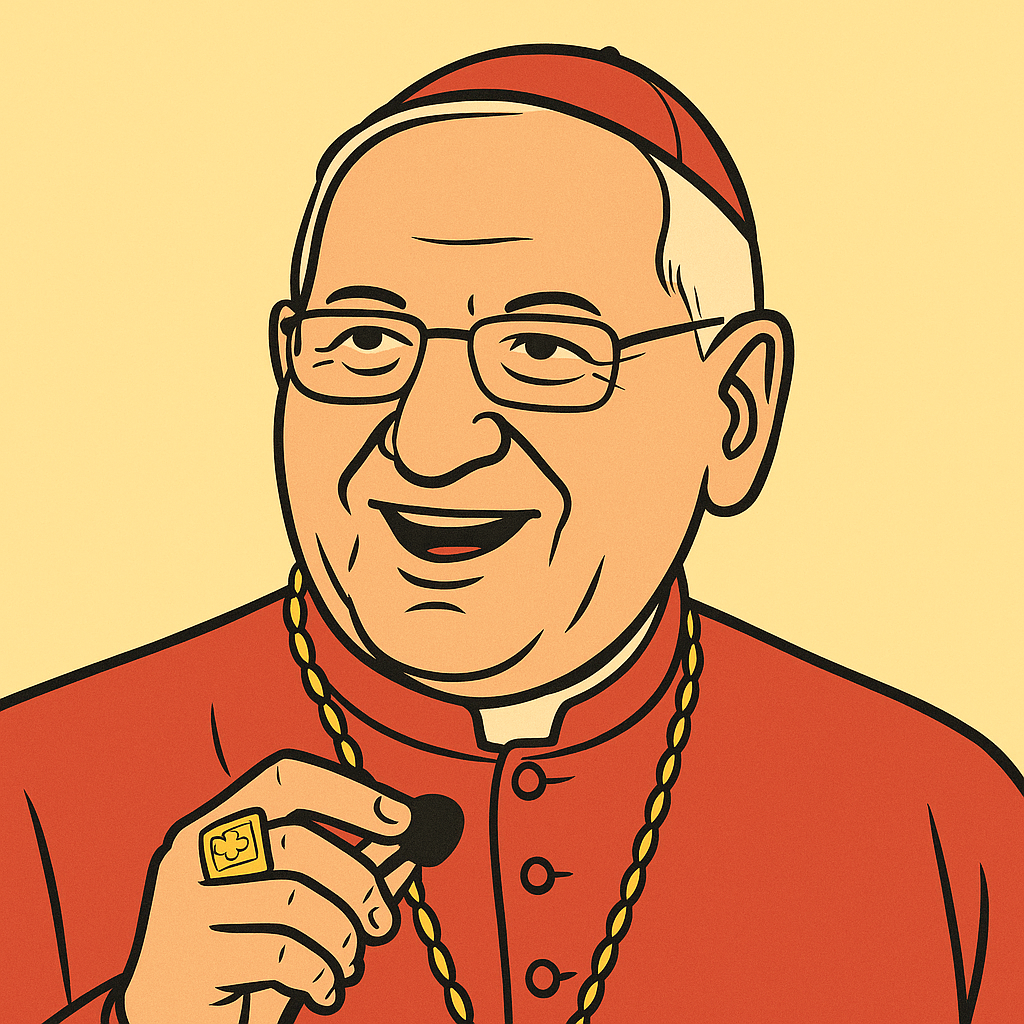
Iraq
Iraqi cardinal, Patriarch of the Chaldean Catholic Church, known for his leadership in a context of persecution and his commitment to the survival of Christians in the Middle East.
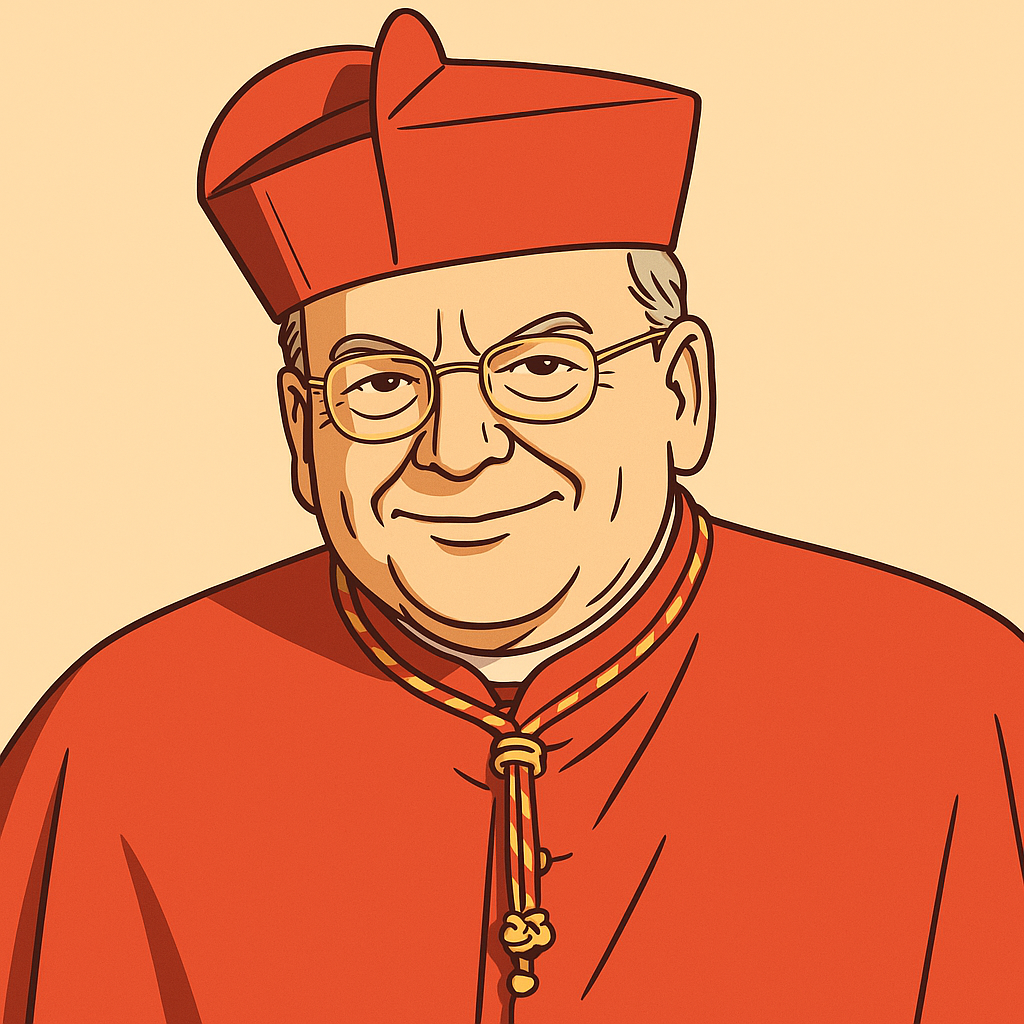
United States
age: 77
American cardinal, patron of the Order of Malta, known for his very conservative positions on liturgy and doctrine, and his open opposition to certain orientations of Pope Francis' pontificate.

Myanmar
age: 77
Burmese cardinal, the first from his country, known for his commitment to peace and reconciliation, combining respect for tradition and interreligious dialogue.
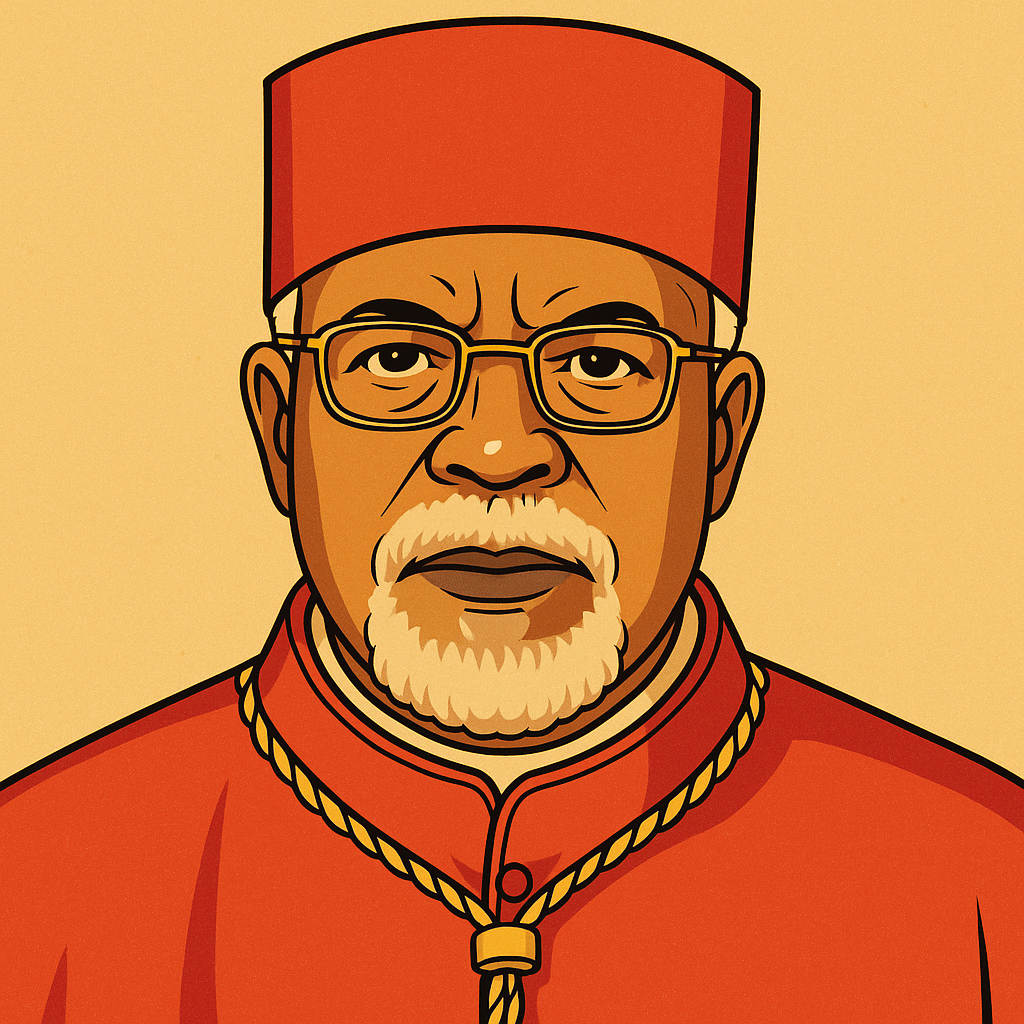
Ethiopia
age: 77
Ethiopian cardinal of Eastern rite, known for his defense of traditional Church values and his pastoral work in a context of religious tensions.
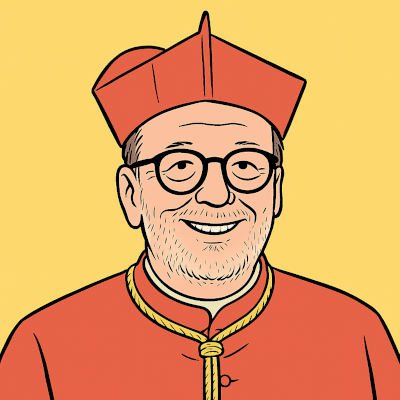
Italy
Italian cardinal, former apostolic nuncio, known for his diplomatic expertise and knowledge of Eastern Churches, combining liturgical tradition and openness to dialogue.
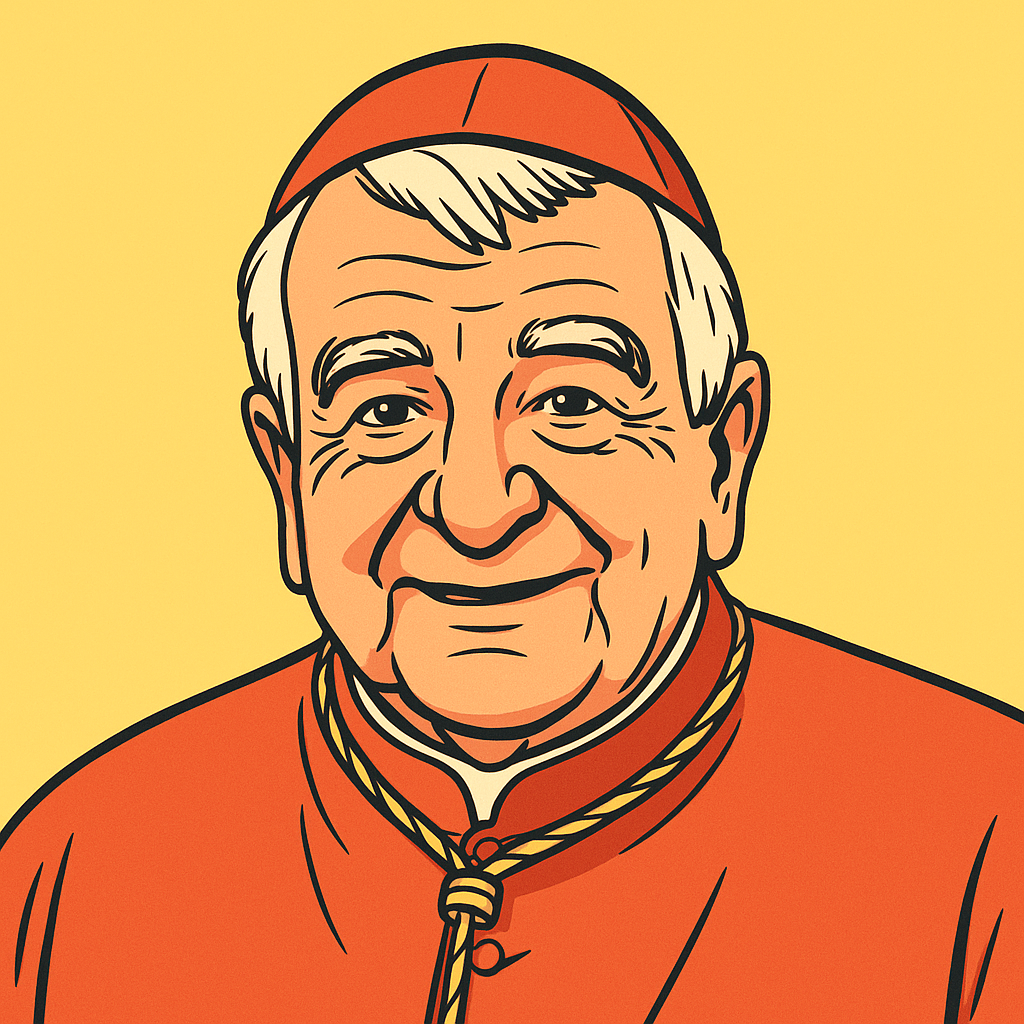
Switzerland
Swiss cardinal, apostolic nuncio, known for his diplomatic work and balanced approach between tradition and moderate openness.
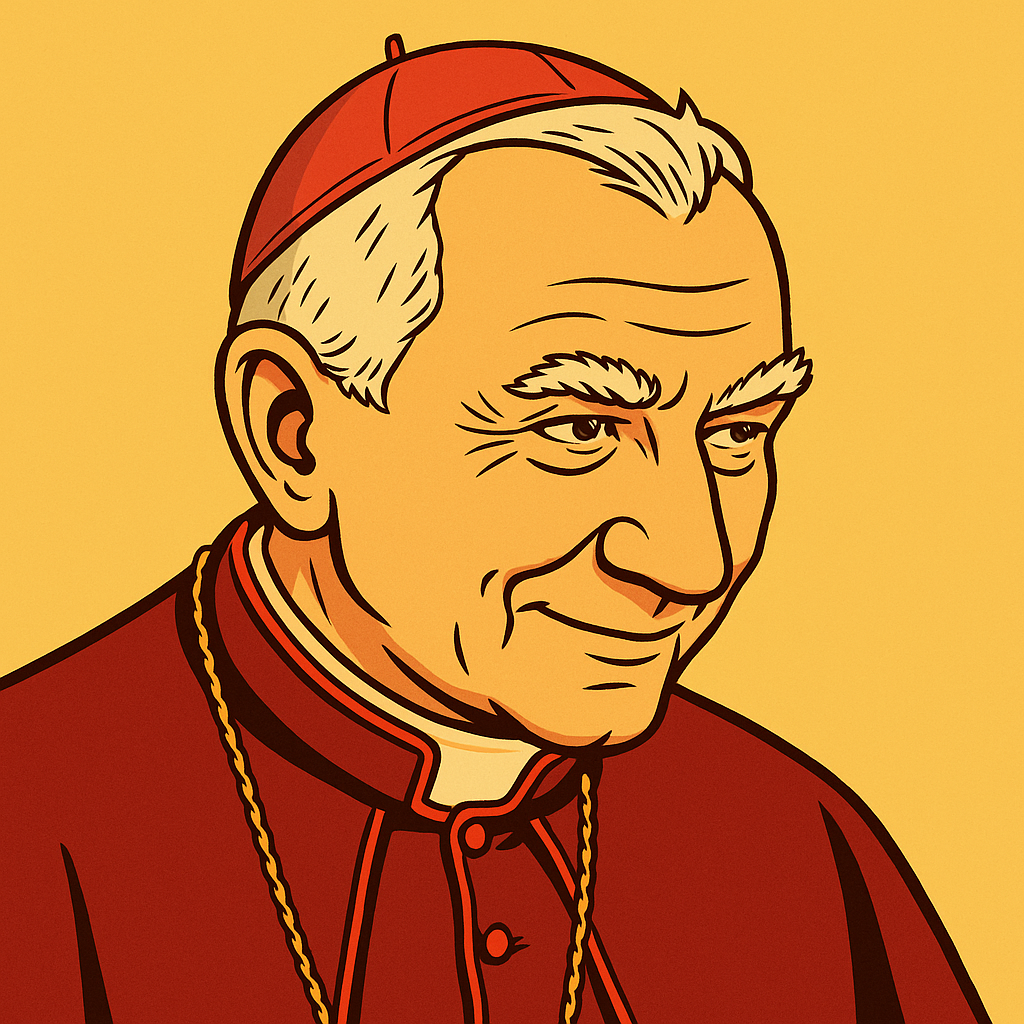
Italy
Italian cardinal, Secretary of State of the Holy See, experienced diplomat, known for his moderation and expertise in international relations, while maintaining balance with traditional doctrine.
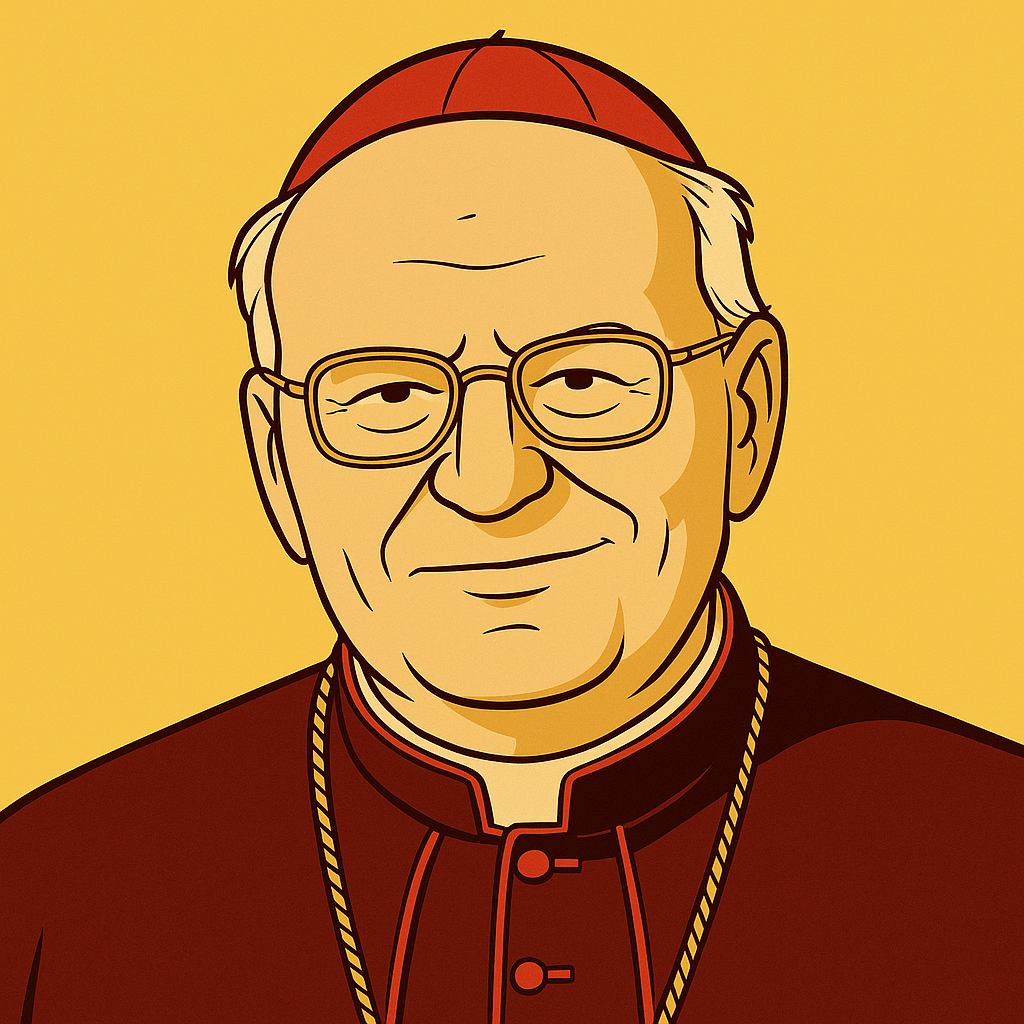
Hungary
Hungarian cardinal, Archbishop of Esztergom-Budapest, renowned canonist, known for his conservative doctrinal positions and his influential role in the Church of Central Europe.

Sweden
Swedish cardinal, the first Scandinavian cardinal in history, known for his balanced approach between tradition and openness, and his ecumenical work.
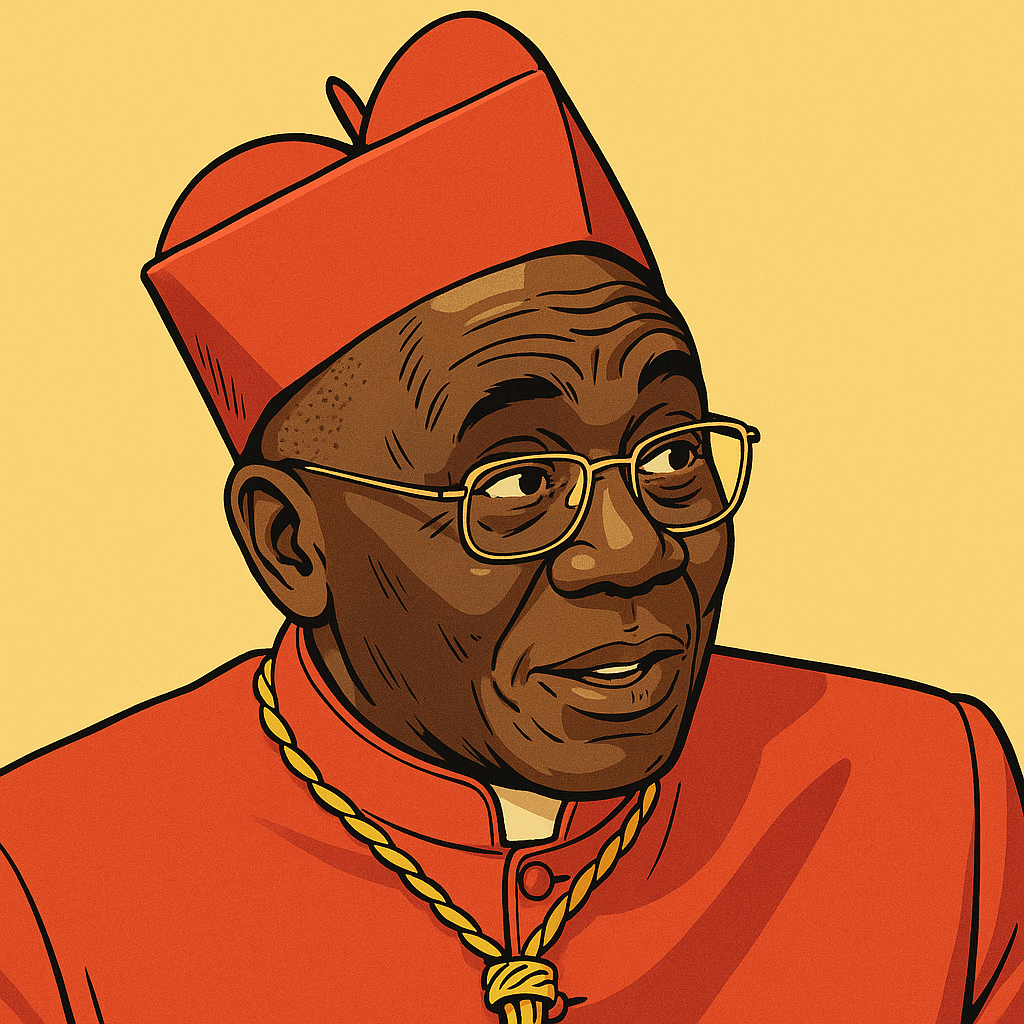
Ivory Coast
Ivorian cardinal, Archbishop of Abidjan, known for his doctrinal fidelity and conservative positions, while working for social peace and unity in his country.

Italy
Italian cardinal, Grand Master of the Order of the Holy Sepulchre, former prefect of the Congregation for the Evangelization of Peoples, known for his missionary and diplomatic experience.
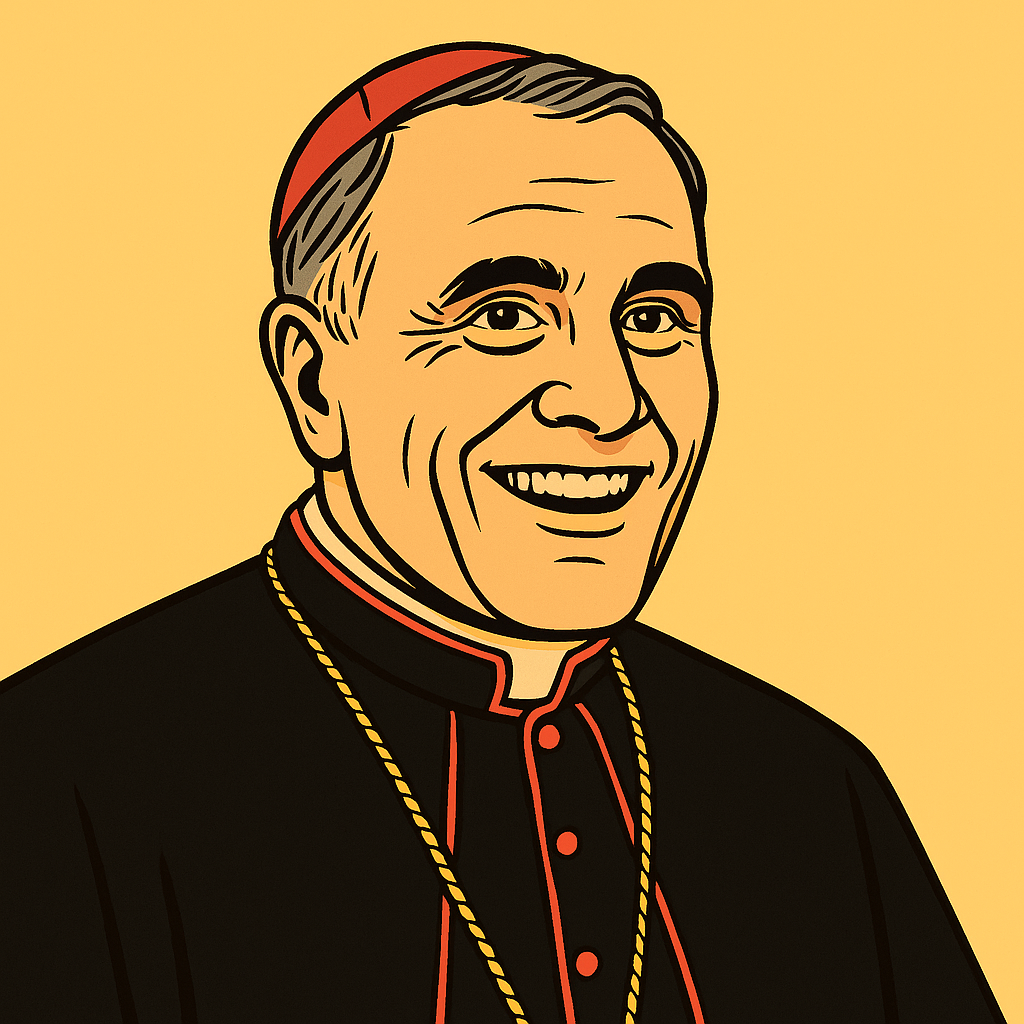
United States
American cardinal, known for his conservative positions on doctrine and liturgy, while seeking unity in a divided ecclesial context.
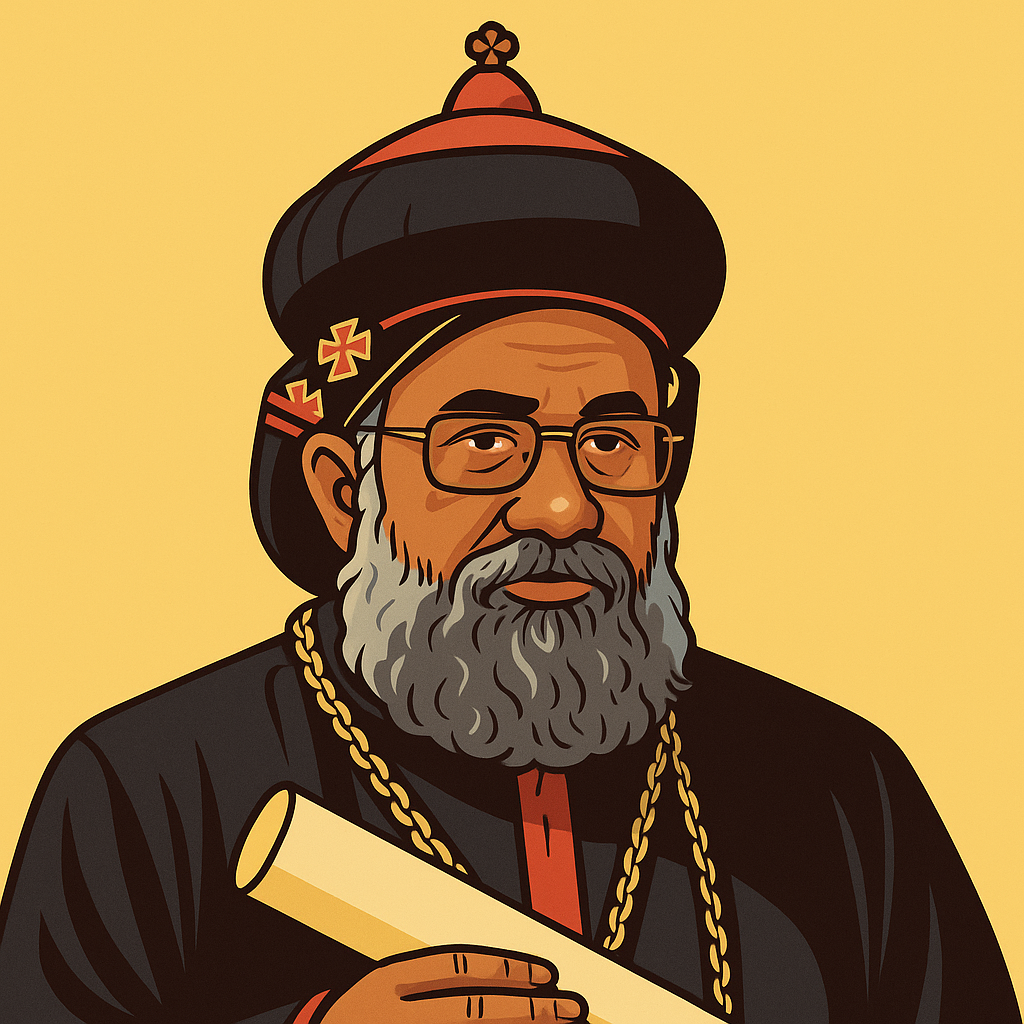
India
Indian cardinal of Syro-Malankara rite, known for his attachment to the Eastern traditions of the Church and his defense of traditional moral doctrine.

India
Indian cardinal of Syro-Malankara rite, known for his attachment to the Eastern traditions of the Church and his defense of traditional moral doctrine.

Ethiopia
Ethiopian cardinal of Eastern rite, known for his defense of traditional Church values and his pastoral work in a context of religious tensions.
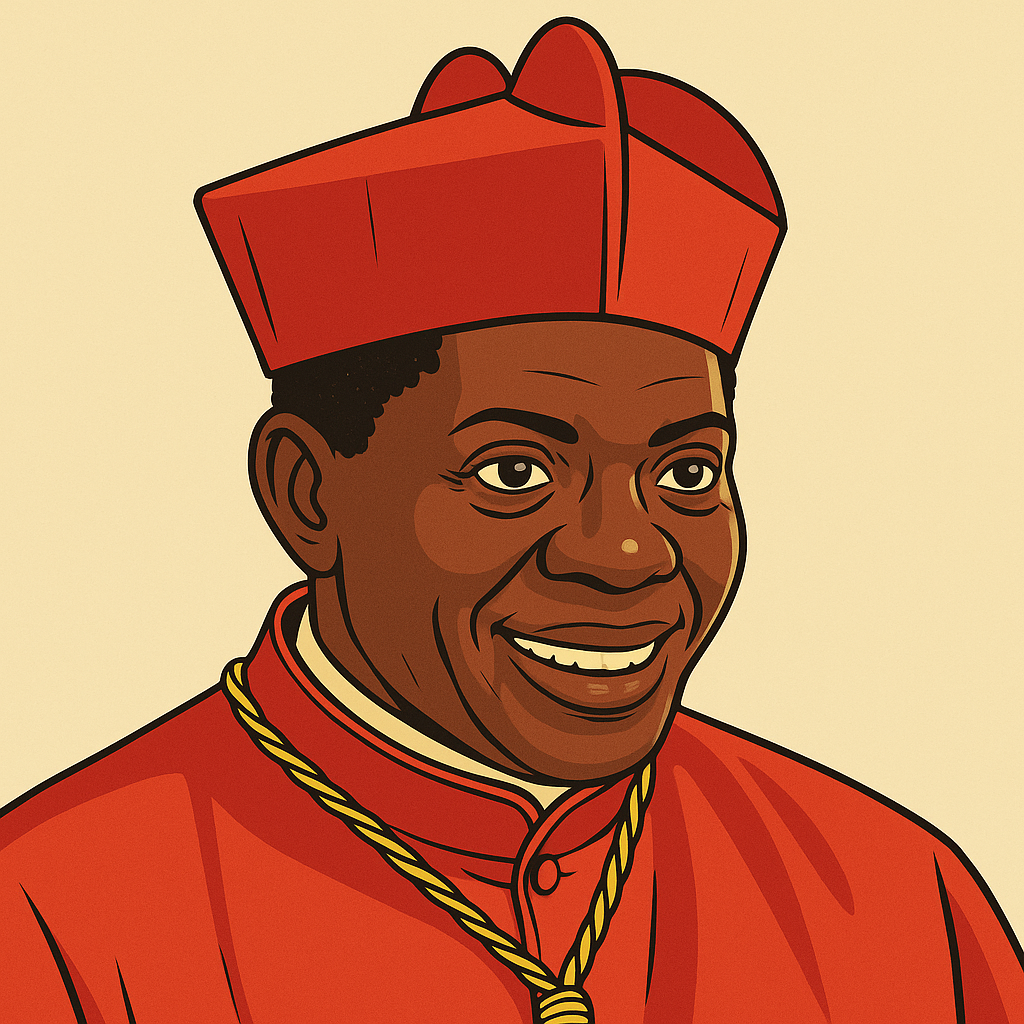
Tanzania
Tanzanian cardinal, Secretary of the Dicastery for Evangelization, known for his missionary expertise and balanced pastoral vision, combining doctrinal fidelity and cultural adaptation.
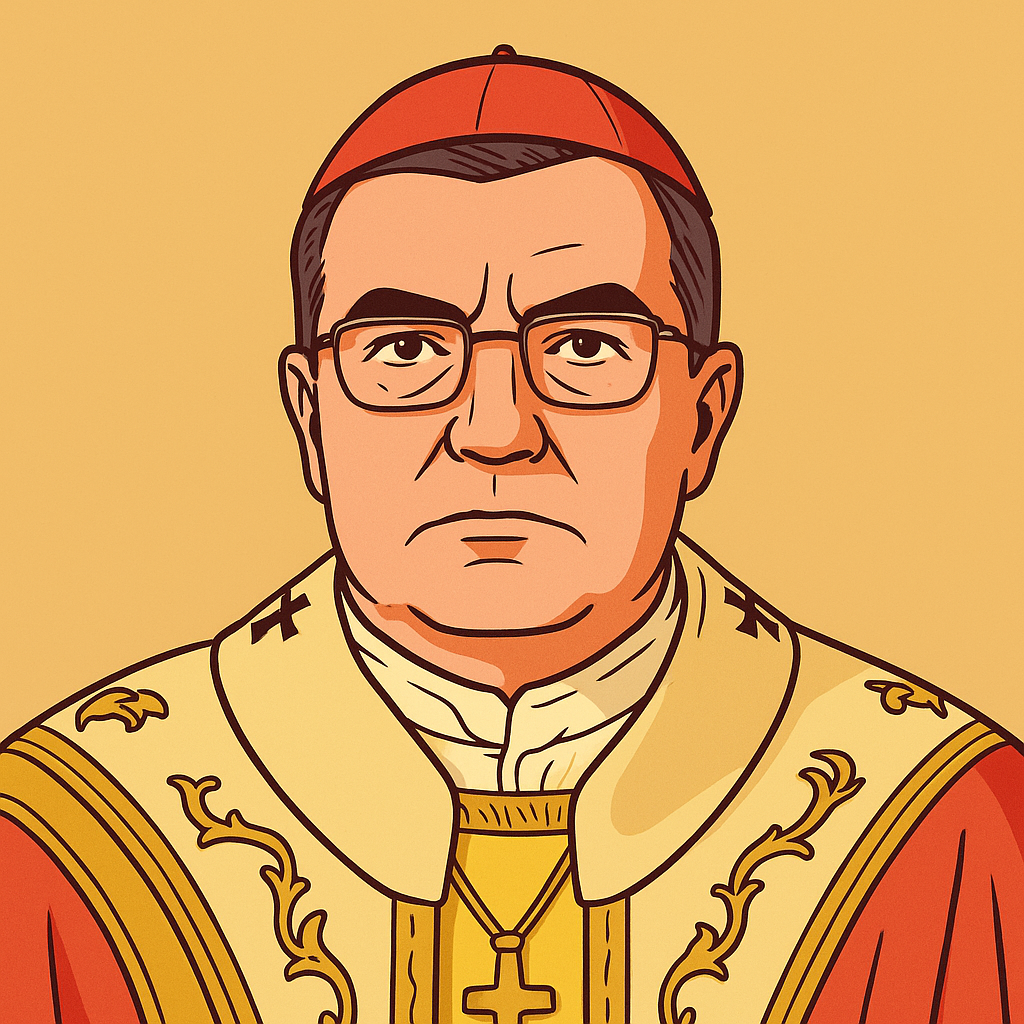
Croatia
Croatian cardinal, Archbishop of Zagreb, known for his conservative positions on moral issues and his commitment to traditional values in a post-communist context.
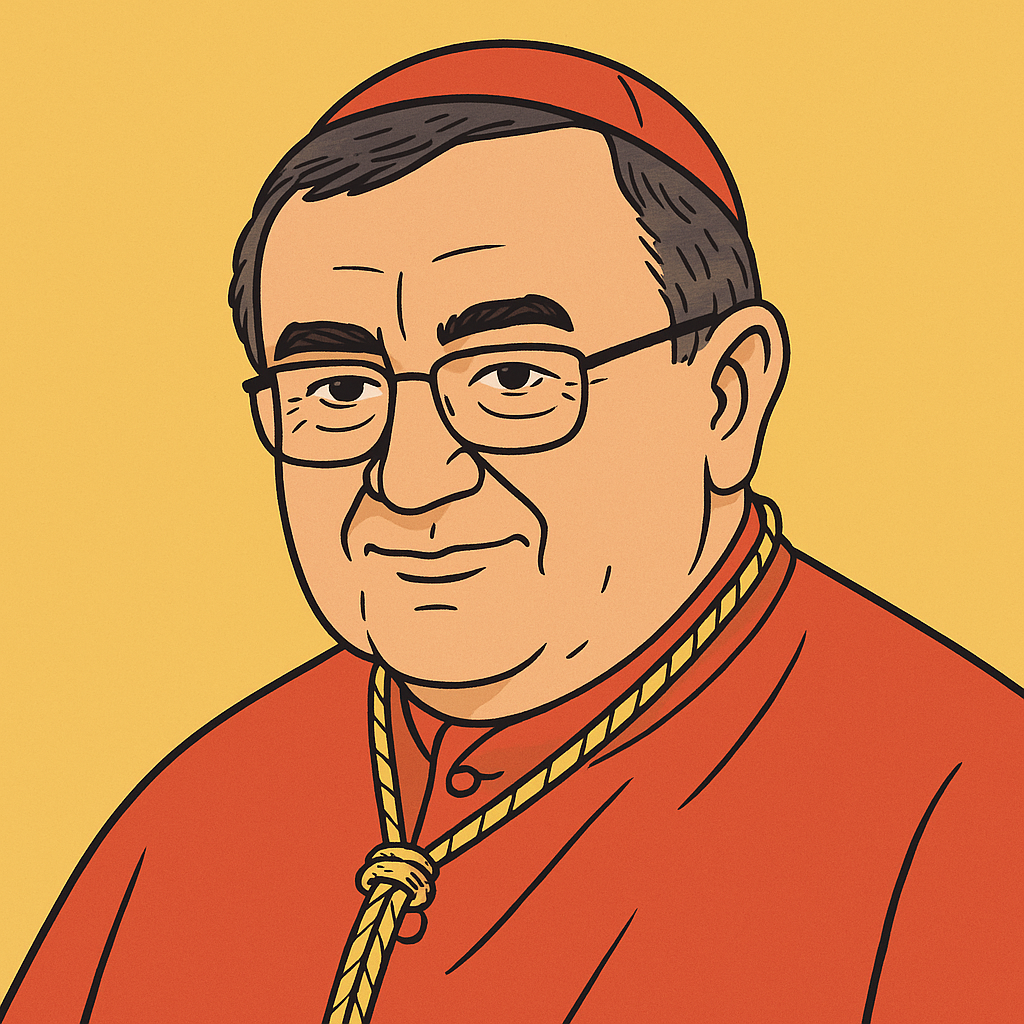
Bosnia and Herzegovina
Bosnian cardinal, Archbishop Emeritus of Sarajevo, known for his leadership during and after the Balkan War, his work for reconciliation and his defense of Catholic rights in the region.

Tanzania
Tanzanian cardinal, Secretary of the Dicastery for Evangelization, known for his missionary expertise and balanced pastoral vision, combining doctrinal fidelity and cultural adaptation.
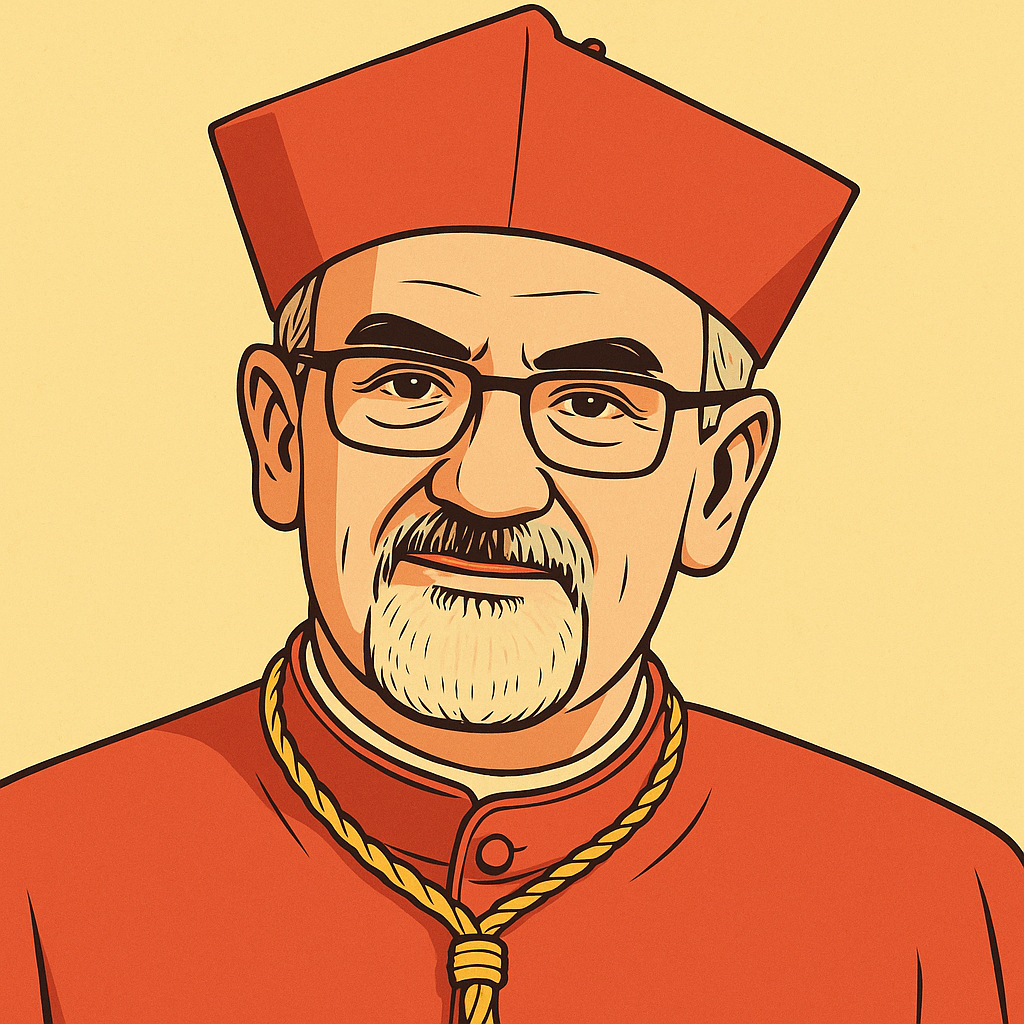
Israel
Italian cardinal, Latin Patriarch of Jerusalem, Franciscan, known for his expertise on the Middle East and his balanced leadership in a context of political and religious tensions.
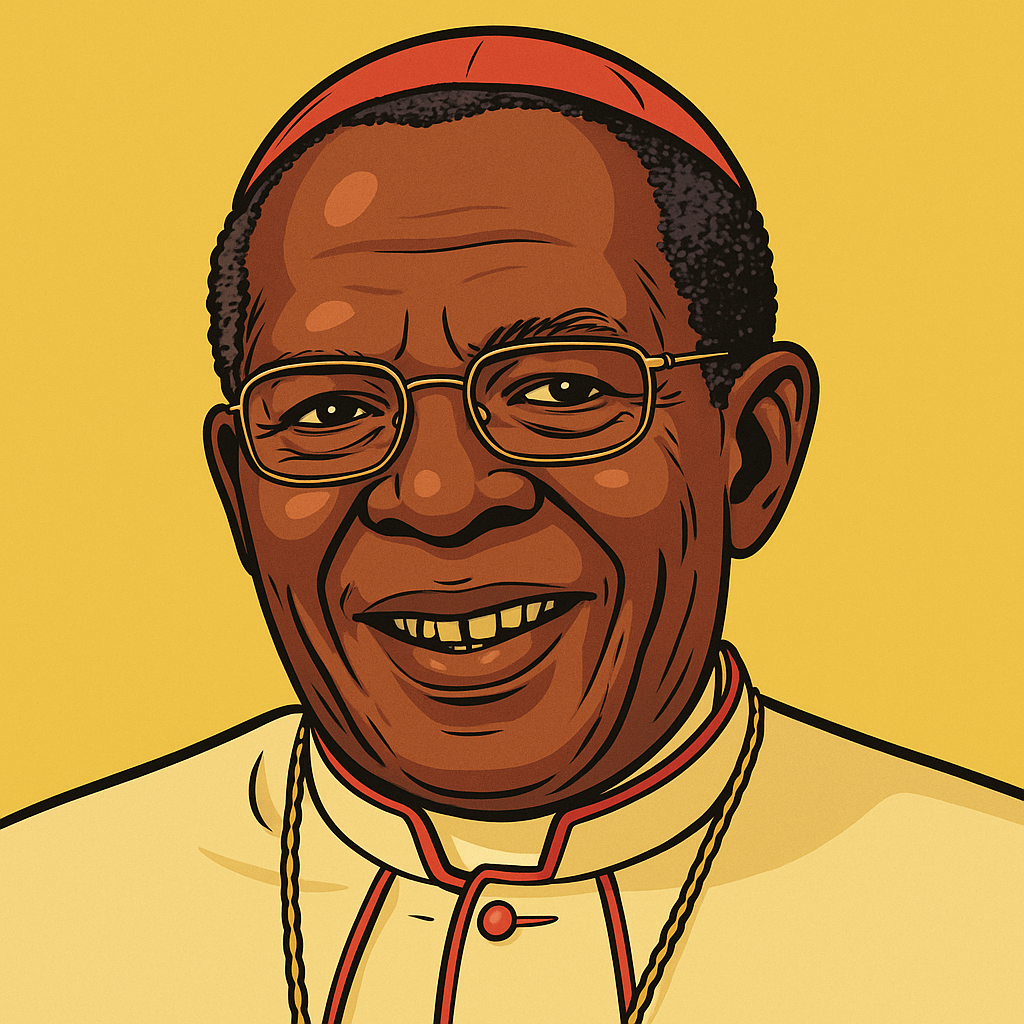
Kenya
Kenyan cardinal, Archbishop Emeritus of Nairobi, known for his conservative positions on moral issues and his leadership in the growing African Church.

Italy
Italian cardinal, Archbishop of Florence, known for his conservative doctrinal positions and intellectual work, while remaining engaged in pastoral dialogue.